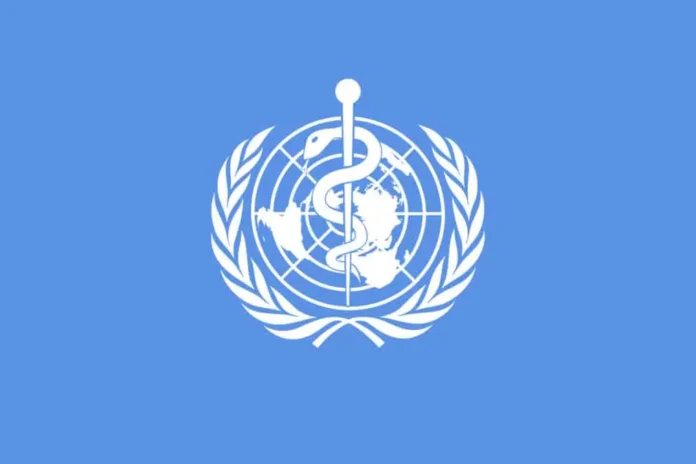Last Updated on October 17, 2024 by The Health Master
New Delhi: In a major push to generic medicines, WHO has partnered with International Generics and Biosimilars Medicines Association (IGBA) to formulate policies to reduce the burden of clinical trials and relax other regulatory requirements besides speeding up registration for generic drugs.
The move is expected to facilitate global access to generic medicines and make procurement by international agencies faster. Currently, 70% of the medicines pre-qualified by WHO are in the generic category. The partnership is significant for India, especially local pharmaceutical companies, as it is the largest supplier of low cost generic medicines globally, catering to 20% of demand by volume.
Supplies to the US constitute around 30% of Indian pharmaceutical exports, followed by Africa and the European Union. Other key markets for India include South Africa, Russia, Nigeria, Brazil and Germany. India’s pharmaceutical exports rose 11% to $19.2 billion in 2018-19. The generic industry poses a significant threat to innovator pharma companies and growing utilisation of low cost generic drugs is fast cutting into margins of branded products.


